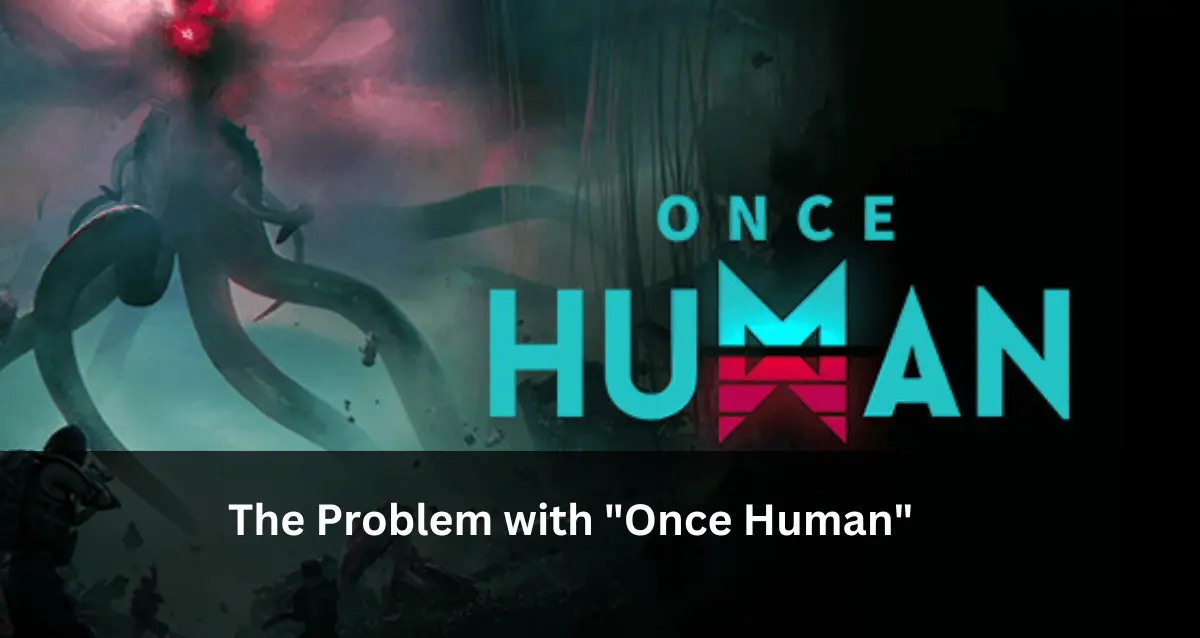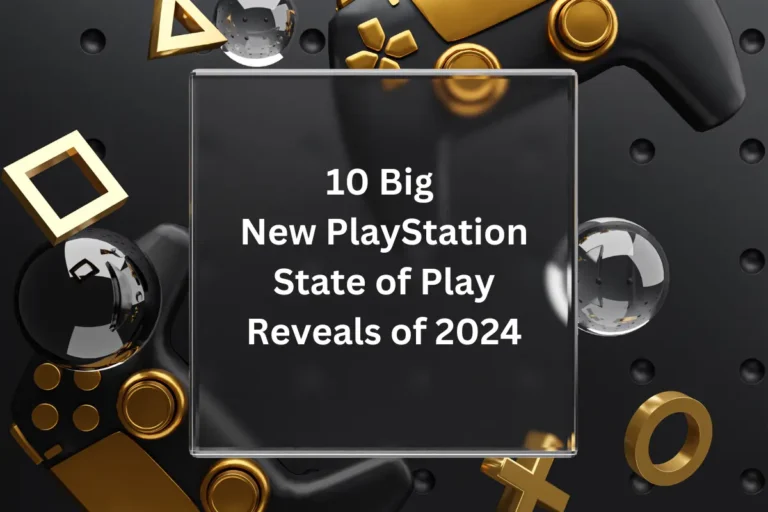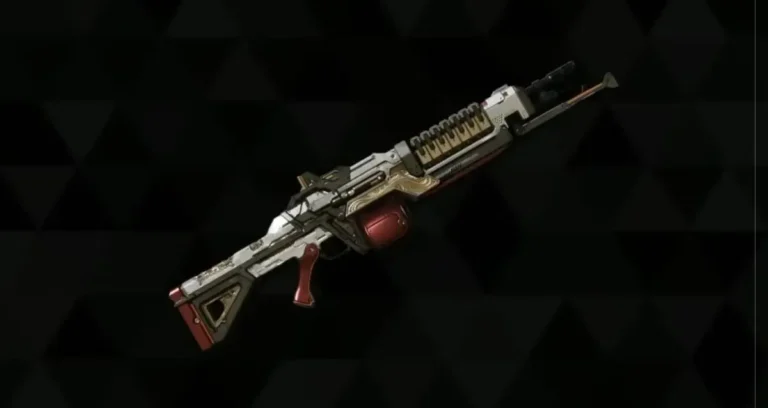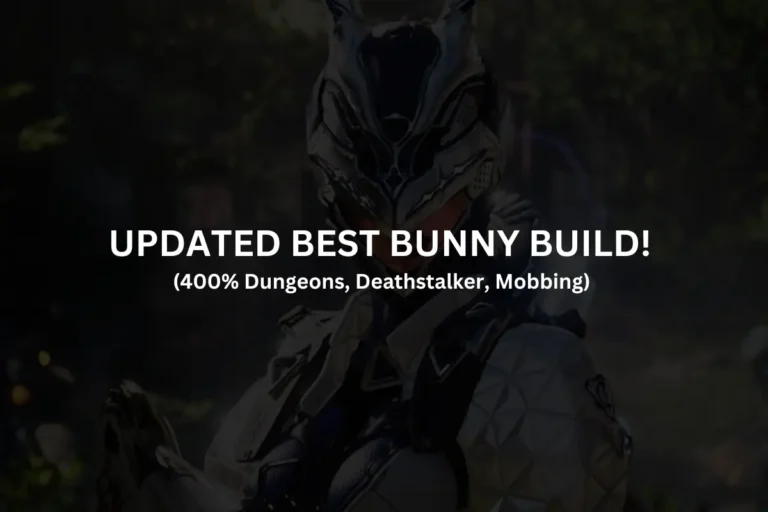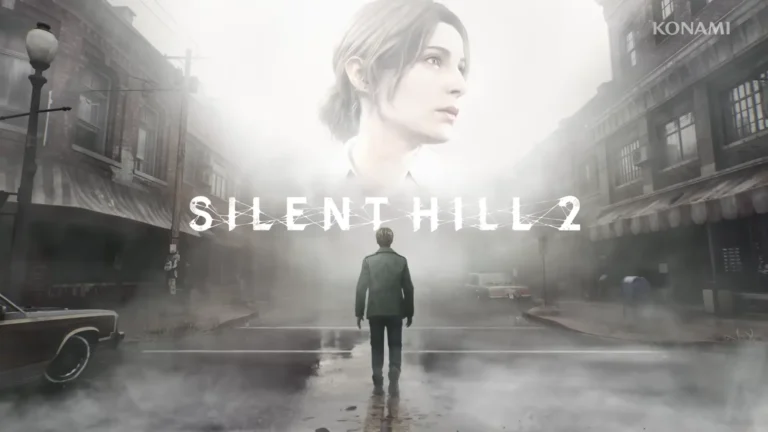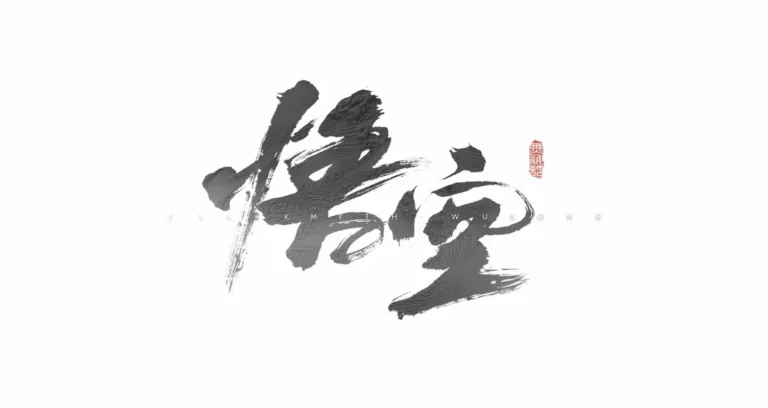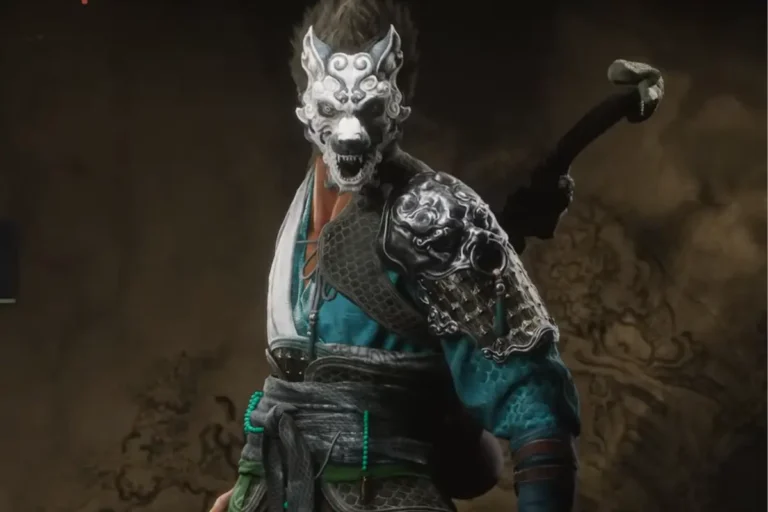The Problem with “Once Human” – A Critical Analysis
“Once Human,” a new roguelike MMO, has garnered significant attention in the gaming community. While it offers a unique gameplay experience, the game’s seasonal wipes and content reset system have sparked heated debates among players and critics alike. In this article, we delve into the core issues surrounding “Once Human,” particularly focusing on the controversial seasonal wipes, and explore community reactions and potential solutions.
Seasonal Wipes: A Controversial Mechanic
One of the most contentious aspects of “Once Human” is its seasonal wipe system. Every six weeks, players experience a complete reset, losing all their items and progress, except for blueprints. This mechanic is intended to keep the game fresh and challenging, but it has drawn widespread criticism.
Key Issues with Seasonal Wipes:
- Frequent Resets: The six-week reset cycle is seen as too frequent, especially for a game that demands significant time investment. Players argue that it’s challenging to achieve meaningful progress within such a short period, leading to frustration and burnout.
- Loss of Progress: Losing all items and progress every season discourages long-term investment in the game. Players feel that their hard work and achievements are devalued, making it difficult to stay motivated.
- Casual Player Disadvantage: Casual players, who cannot dedicate large amounts of time to the game, find it nearly impossible to keep up. Starting mid-season is particularly discouraging, as they have less time to complete the same content.
Community Reactions:
- Completionist Frustration: Many players, especially those with a completionist playstyle, find the resets demotivating. Completing extensive maps and side quests only to have progress wiped away undermines the sense of achievement.
- Comparisons to Other Games: Critics often compare “Once Human” to other MMOs and seasonal games like “Path of Exile” (PoE) and “Diablo 4.” These games offer longer seasons (typically three to four months) and ensure that progress in certain areas is retained, making their seasonal models more player-friendly.
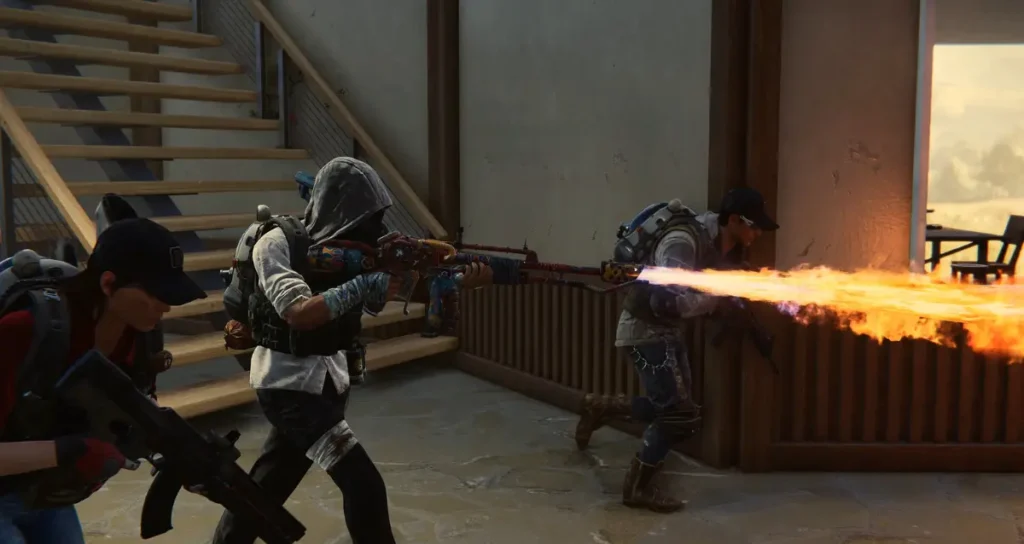
Analysis of Seasonal Models in Other Games
To understand the backlash against “Once Human,” it’s essential to compare its seasonal model with those of other popular games:
- Path of Exile (PoE): PoE’s seasons last around three to four months, and the game fundamentally changes with each new league. Additionally, PoE retains players’ progress on a legacy server, allowing them to continue playing with previous characters and items.
- Diablo 4: Diablo 4 also implements seasonal resets but offers a more extended period for players to progress and retains some of their achievements, easing the transition between seasons.
- MMOs Like WoW and FFXIV: These games do not use seasonal resets. Instead, they continuously add new content without removing old achievements, allowing players to build upon their progress over time.
Potential Solutions and Recommendations
To address the issues with “Once Human’s” seasonal model, several adjustments could be considered:
- Extend the Season Duration: Increasing the season length to three to four months would give players more time to progress and achieve their goals, reducing the pressure and frustration associated with frequent resets.
- Partial Progress Retention: Implementing a system where some aspects of progress (e.g., core achievements, certain items) are retained between seasons would maintain player motivation and investment.
- Additive Content Model: Instead of resetting progress, new content could be added on top of existing gameplay. This approach keeps the game fresh while respecting players’ time and effort.
- Flexible Start for New Players: Allow new players to catch up more easily, perhaps through accelerated progression or bonus rewards, ensuring they are not discouraged from joining mid-season.
Developer Response and Community Feedback
The developers of “Once Human” have shown a proactive approach by seeking feedback and discussing potential changes. This engagement is a positive sign, indicating that they are willing to listen to the community and make necessary adjustments.
Asmongold’s Take:
Prominent streamer Asmongold has echoed many community concerns. He emphasizes the need for a more player-friendly approach, comparing the current system unfavorably to other successful games. His suggestions align with broader community feedback, advocating for longer seasons and retention of player progress.
Conclusion
“Once Human” presents an innovative take on the MMO genre, but its seasonal wipe system poses significant challenges. To foster a more inclusive and rewarding experience, the developers should consider extending seasons, retaining some progress, and adding new content without resetting existing achievements. By addressing these concerns, “Once Human” can better meet the expectations of its diverse player base and secure a lasting place in the MMO landscape.
FURTHER READING

